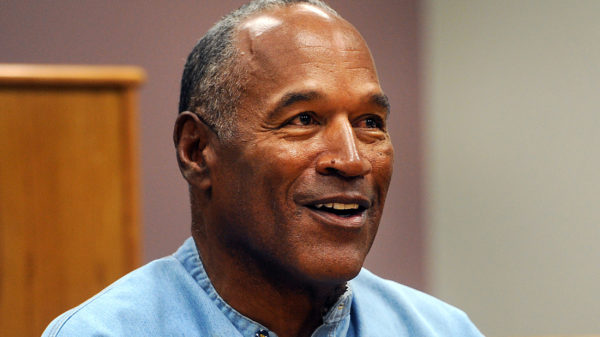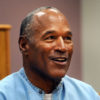Due to the restriction of in-person activities as a measure to curb the spread of COVID-19, medical schools were forced to rethink some strategies that were thought to be the only way to get things done without compromising the quality of educational programs.
Many strategies were implemented to pivot and adapt to the pandemic situation, which allowed medical schools to try new models of education that are likely to redefine how doctors are trained in the future. This article will highlight the main effects of the pandemic situation on medical education.
New Focus on Public Health
The pandemic has revealed the value of a competent public health workforce, one that’s thoroughly trained in theory and practice, knowledgeable in biomedical as well as social sciences, and able to adapt skillfully to changing environments. In response, some medical schools have developed electives offering medical students an opportunity to familiarize themselves with the public health response.
The pandemic situation has pushed people to adjust their opinion of what it means to ease suffering in patients and to enhance the health of communities. It has fostered collaboration between health care providers and public health professionals. Today, physicians, physician assistants, nurses, public health professionals, policy specialists, and other key players in the health sector are working closely to respond to the current global health crisis. This kind of approach could work effectively for other public health crises like the opioid epidemic and the unending pandemic of healthcare inequalities.
Potential to Revise Graduation Requirements and Residency Selection
When the spikes of COVID-19 cases and hospitalizations proved to overwhelm medical professionals in specific hot spots, states in the U.S. and several countries across the globe appealed to medical schools to graduate students in the fourth year a couple of months early to help reinforce the response. This measure necessitated working through fairly cumbersome bureaucratic procedures but revealed that the move could be a great decision in the future. The COVID-19 pandemic showed medical schools why they need to consider early graduation for their students and the challenges they’ll need to navigate to do it.
It also led to the cancellation of most visiting or away audition rotations. This shift in residency selection could lead to a more level playing ground moving forward, as not all medical students can access or afford such experiences. While the chance of traveling across the county and doing audition rotations is standard practice, it’s unclear who it benefits the most. Is it the medical students or the programs? Despite the lack of away rotations, residency programs are likely to continue recruiting and matching skilled talent to their programs. Consequently, many medical schools are likely to rethink whether away rotations are really necessary in a post-COVID-19 world.
If you have been considering a career as a physician assistant, that’s something you can take into account when making your decision. If you are simply indecisive, you can reach out to a career coach to help you out. According to Manchester-based life and career coach Chris Cooper; “Coaching is a great way to achieve your goals. It enables you to understand yourself at a deeper level and have someone completely on your side to help you navigate your way to success.”
Instant Curriculum Adaptation
Although the outbreak of COVID-19 was quick and drastic, it was a moment of learning for health professionals. The pandemic fast-tracked the transition from the philosophy of teaching student physicians to memorize content for purposes of passing exams to equipping them with the relevant skills for reasoning through complex and unknown problems. This change in the teaching approach will result in physician problem solvers who can develop suitable solutions to both ongoing and emerging health challenges.
Physician Assistants: Their Importance and How to Become One
Physician assistants (PAs) are licensed health care experts who practice medicine under the supervision of physicians. They carry out physical exams, identify and treat diseases, request and interpret tests, help in surgery, provide professional advice on preventive health care, and write prescriptions. PAs may also perform administrative tasks and participate in education and research. Due to their close cooperation and collaboration with physicians, they are educated in well thought out graduate-level medical programs developed to supplement physician training. So if you want to become a physician assistant, you must complete a four-year degree in a healthcare- or science-related field, complete the American equivalent of a 2-3 year ARC-accredited PA program, and pass the PANCE exam.
Final Thoughts
COVID-19 pandemic has significantly affected medical education throughout the world. The limitation of in-person activities forced medical schools to move to remote learning and to suspend visiting and away rotations. To strengthen response in certain hot spots, some medical schools graduated their fourth-year students a few months early. Some of the innovative strategies implemented in response to the pandemic are likely to stay in force post-pandemic, redefining the provision of medical education.
This article was written by Vincent Rubin.
READ ALSO: How to Experience the World Safely
He is a life coach with 7 years of experience with a focus on family relationships. In his free time, he likes to read and spend time with his family doing outdoor activities. Right now he is focused on sharing his expertise with a wider audience through his writing.








































